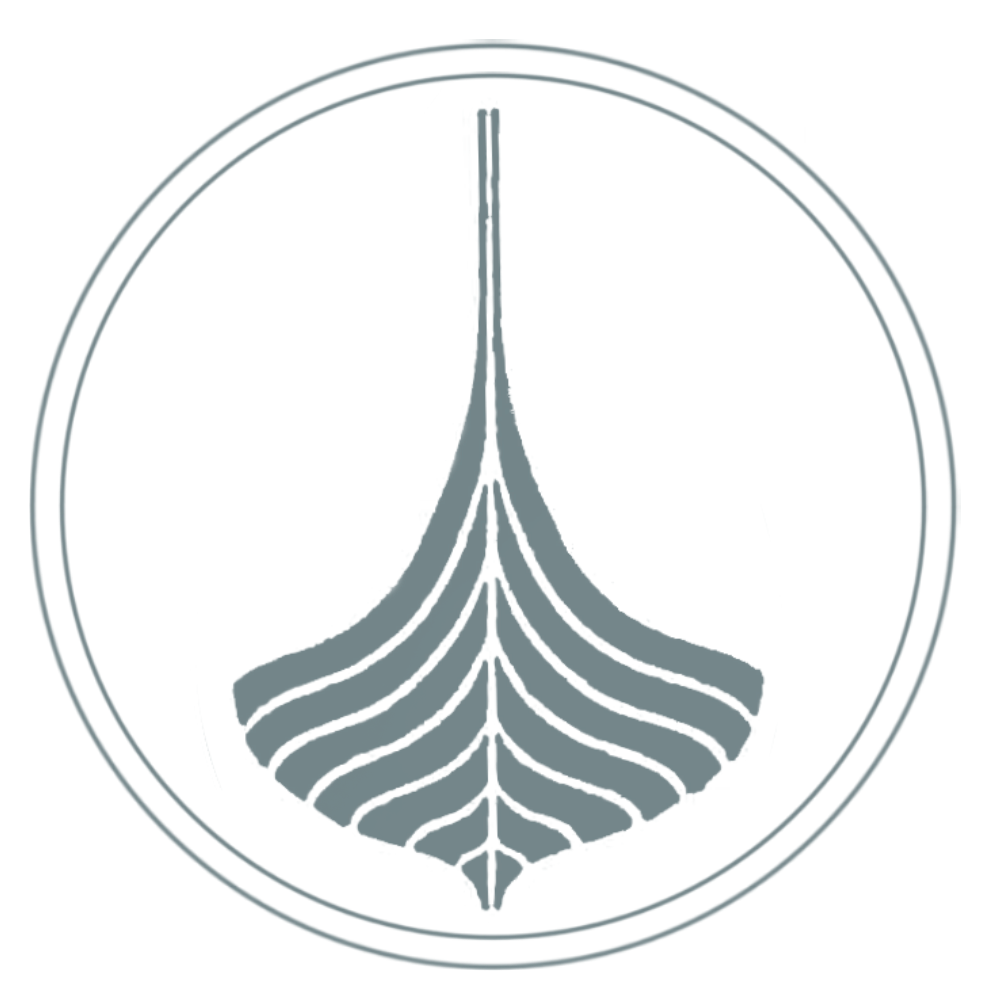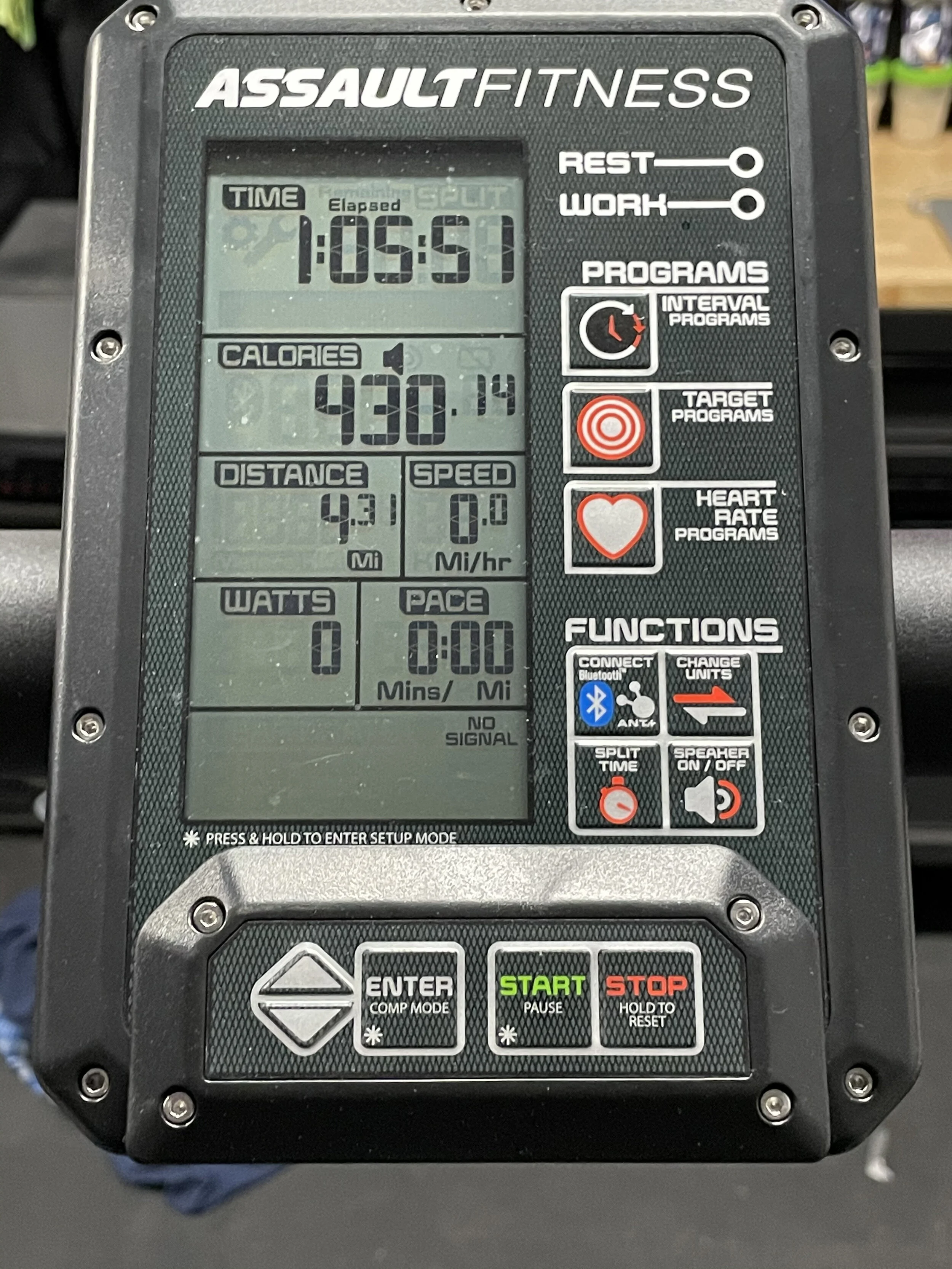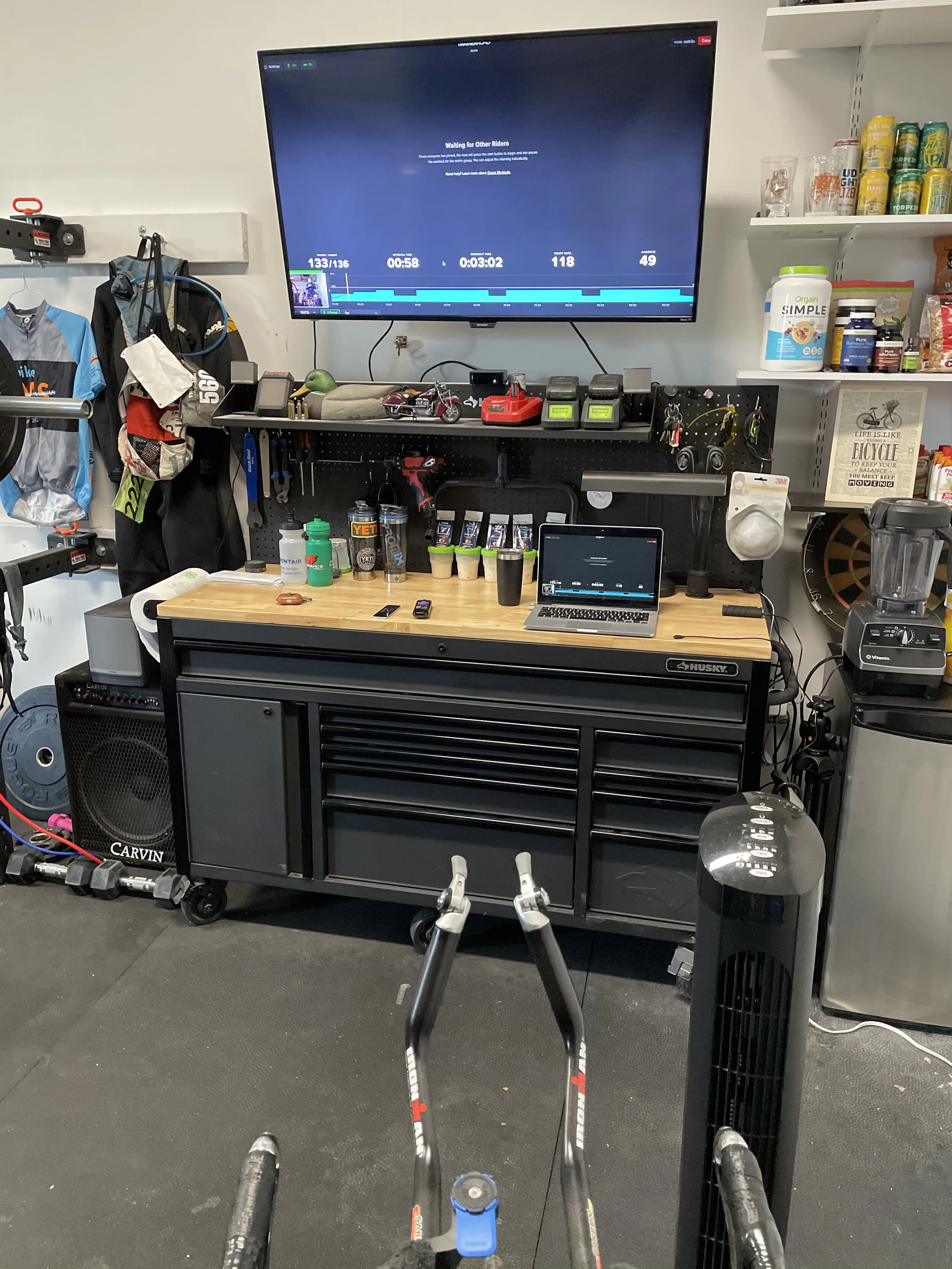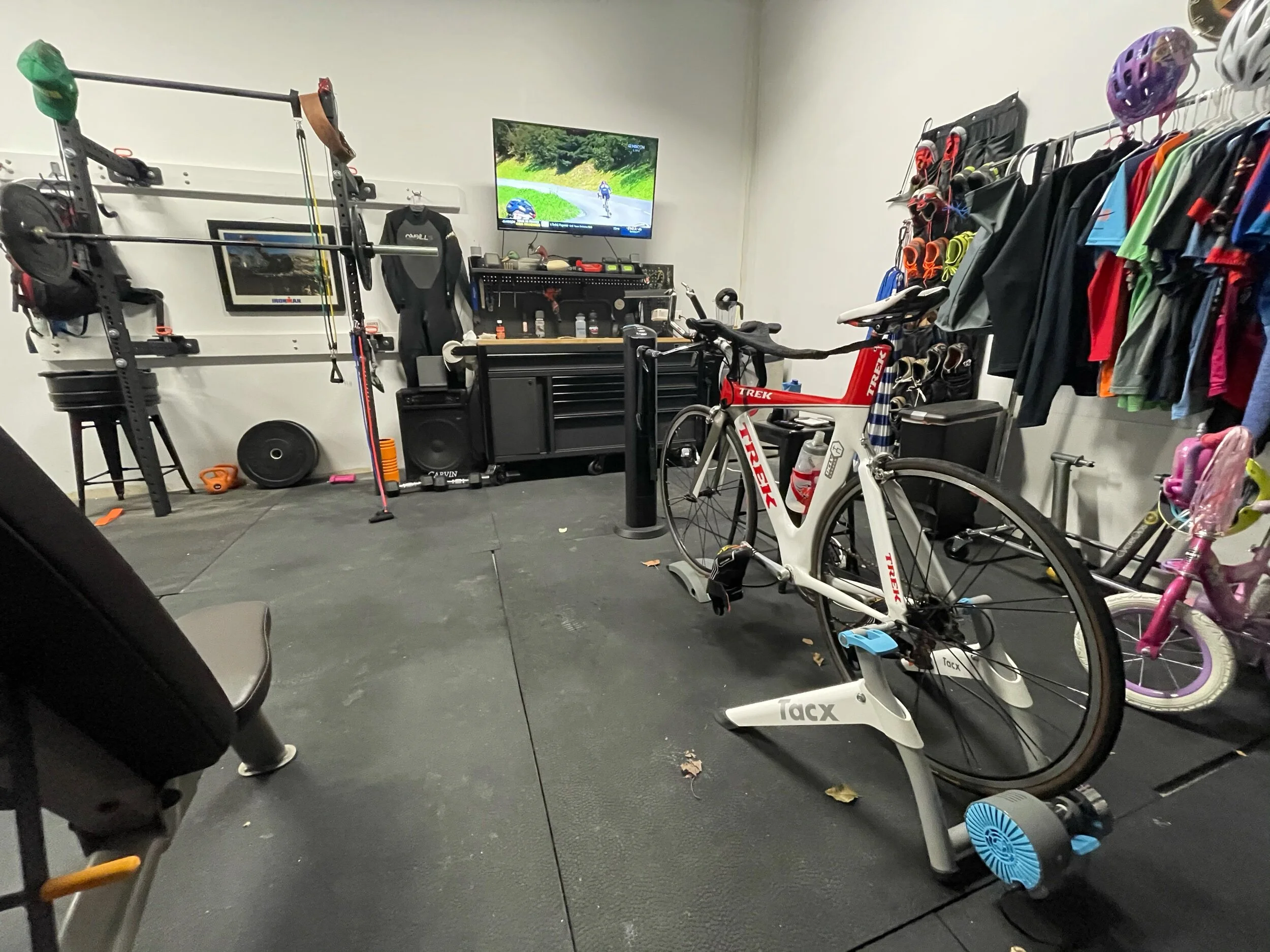Birthday Excuses. Cake is good.
Celebrating a birthday early with a rest day and CAKE. Also did I mention that I found an apple monitor on facebook marketplace for $20… Yes, and it works… I love Hyland Luck!
Up early with the kiddo, and got a late start. Vaccine has been kicking my butt too, so just got through it today.
Barefoot jog, run during ads.
No Pain, No Gain
Turned on Forged in Fire, and knocked out a 4 mile run. Picked up pace on the ads, and jogged during the show. Washed down with almond milk Nitrogen shake with imaflmedix and cleanse plus. I will get below 240 this week, and won’t look back…
45 min spin. Turned down FTP% by about 15%. Let’s ease into the week, and not overdo it.
Group Ride with a friend. Solid.
Let’s keep doing what’s working, and restructure what’s not…
Improvement. I’m happy with it even if it doesn’t reflect on my waist yet… Consistency is the name of the game.
I’ve steadily improved my activity over the past few years, but I can tell a marked improvement since getting a smart trainer and Trainer Road subscription in April. I went from around 500 miles last year to 1200 and I still have a month and a half to put in work. Activities are up by about 25%. Although I had done a phenomenal job losing about 20-25 pounds last year, the impending stress of a new promotion, baby on the way, and COVID made for a perfect storm that resulted in a steady weight gain despite the increased activity. I’ll be the first to note that I have not made nutrition a priority, and have used it as a comfort in the last year: a habit I’m about to re-structure.
Instead of falling into the trap of enjoying the holiday foods to the fullest, and then repenting with an annual resolution on Jan 1, this year I start a new resolution to cultivate an awareness of the food I put into my mouth.
The first step: taking a snapshot of the door with the app ATE. As this becomes second nature, then I’ll work on logging calories in my fitness pal, and finally, I’ll dial in the granular analysis of my shopping and food prepping habits. In 2007, I used Cognitive Behavioral Therapy CBT as I trained myself into the best shape of my life, and I’m getting to a point where I’m structuring my work and getting a better handle on sleep as pillars to help support this change.
Without managing sleep, my greatest weakness currently, I know I can’t expect to be successful long term. This is exemplified by years worth of start and stop cycles of 1-3 weeks on training, 1-3 weeks off. This unstructured training was also plagued by the idea that I could pick up where I had left off. Once I put my training in the hands of a program based on power, I can tell that I recover quick and am more sustainable. With discipline, I took advantage of the fall time savings to solidify my 4:45am alarm clock that allows me to spin for 30-60 min before my toddler is up and I need to get her to school and then make it to work.
If I don’t start early, there’s no hope to remake that time in a day. I pair this urgency with excitement to spin as I save a fun show or audiobook as ‘my time’ where I’m uninterrupted.
I used to define myself as an Ironman triathlete, but now my identity has changed. First and foremost I’m a father who does triathlons as a way to practice a balanced life, rich in healthy habits that I aim to instill as the norm in their upbringing.
To be honest, I really do hate running, but there’s nothing like the satisfaction of taking the first step towards a huge endeavor and celebrating bringing that adventure to a close as one sets their sites on the next day’s horizon.
23
The Book of Army Management says:
On the field of battle,
the spoken word does not carry far enough: hence the institution of gongs and drums. Nor can ordinary objects be seen clearly enough: hence the institution of banners and flags.
24
Gongs and drums, banners and flags, are means whereby the ears and eyes of the host may be focused on one particular point.
25
The host thus forming a single united body, is it impossible either for the brave to advance alone, or for the cowardly to retreat alone.
This is the art of handling large masses of men.
26
In night-fighting, then, make much use of signal-fires and drums, and in fighting by day, of flags and banners, as a means of influencing the ears and eyes of your army.
27
A whole army may be robbed of its spirit;
a commander-in-chief may be robbed of his presence of mind.
28
Now a soldier's spirit is keenest in the morning;
by noonday it has begun to flag; and in the evening, his mind is bent only on returning to camp.
29
A clever general, therefore, avoids an army when its spirit is keen, but attacks it when it is sluggish and inclined to return. This is the art of studying moods.
30
Disciplined and calm, to await the appearance of disorder and hubbub amongst the enemy:—this is the art of retaining self-possession.
31
To be near the goal while the enemy is still far from it, to wait at ease while the enemy is toiling and struggling, to be well-fed while the enemy is famished:—this is the art of husbanding one's strength.
32
To refrain from intercepting an enemy whose banners are in perfect order, to refrain from attacking an army drawn up in calm and confident array:—this is the art of studying circumstances.
33
It is a military axiom not to advance uphill against the enemy, nor to oppose him when he comes downhill.
34
Do not pursue an enemy who simulates flight; do not attack soldiers whose temper is keen.
35
Do not swallow bait offered by the enemy.
Do not interfere with an army that is returning home.
36
When you surround an army, leave an outlet free.
Do not press a desperate foe too hard.
37
Such is the art of warfare.
16
Whether to concentrate or to divide your troops, must be decided by circumstances.
17
Let your rapidity be that of the wind,
your compactness that of the forest.
18
In raiding and plundering be like fire,
in immovability like a mountain.
19
Let your plans be dark and impenetrable as night, and when you move, fall like a thunderbolt.
20
When you plunder a countryside, let the spoil be divided amongst your men;
when you capture new territory, cut it up into allotments for the benefit of the soldiery.
21
Ponder and deliberate before you make a move.
22
He will conquer who has learnt the artifice of deviation.
Such is the art of maneuvering.
9
If you march fifty LI in order to outmaneuver the enemy, you will lose the leader of your first division, and only half your force will reach the goal.
10
If you march thirty LI with the same object, two-thirds of your army will arrive.
11
We may take it then that an army without its baggage train is lost; without provisions it is lost; without bases of supply it is lost.
12
We cannot enter into alliances until we are acquainted with the designs of our neighbors.
13
We are not fit to lead an army on the march unless we are familiar with the face of the country—its mountains and forests, its pitfalls and precipices, its marshes and swamps.
14
We shall be unable to turn natural advantage to account unless we make use of local guides.
15
In war, practice dissimulation, and you will succeed.
1
Sun Tzu said: In war, the general receives his commands from the sovereign.
2
Having collected an army and concentrated his forces, he must blend and harmonize the different elements thereof before pitching his camp.
3
After that, comes tactical maneuvering, than which there is nothing more difficult.
The difficulty of tactical maneuvering consists in turning the devious into the direct, and misfortune into gain.
4
Thus, to take a long and circuitous route, after enticing the enemy out of the way, and though starting after him, to contrive to reach the goal before him, shows knowledge of the artifice of DEVIATION.
5
Maneuvering with an army is advantageous; with an undisciplined multitude, most dangerous.
6
If you set a fully equipped army in march in order to snatch an advantage, the chances are that you will be too late. On the other hand, to detach a flying column for the purpose involves the sacrifice of its baggage and stores.
7
Thus, if you order your men to roll up their buff-coats, and make forced marches without halting day or night, covering double the usual distance at a stretch,
doing a hundred LI in order to wrest an advantage, the leaders of all your three divisions will fall into the hands of the enemy.
8
The stronger men will be in front, the jaded ones will fall behind, and on this plan only one-tenth of your army will reach its destination.
20
But if neither time nor place be known, then the left wing will be impotent to succor the right, the right equally impotent to succor the left, the van unable to relieve the rear, or the rear to support the van. How much more so if the furthest portions of the army are anything under a hundred LI apart, and even the nearest are separated by several LI!
21
Though according to my estimate the soldiers of Yueh exceed our own in number, that shall advantage them nothing in the matter of victory. I say then that victory can be achieved.
22
Though the enemy be stronger in numbers, we may prevent him from fighting. Scheme so as to discover his plans and the likelihood of their success.
23
Rouse him, and learn the principle of his activity or inactivity.
Force him to reveal himself, so as to find out his vulnerable spots.
24
Carefully compare the opposing army with your own, so that you may know where strength is superabundant and where it is deficient.
25
In making tactical dispositions, the highest pitch you can attain is to conceal them;
conceal your dispositions, and you will be safe from the prying of the subtlest spies, from the machinations of the wisest brains.
26
How victory may be produced for them out of the enemy's own tactics—that is what the multitude cannot comprehend.
27
All men can see the tactics whereby I conquer, but what none can see is the strategy out of which victory is evolved.
28
Do not repeat the tactics which have gained you one victory, but let your methods be regulated by the infinite variety of circumstances.
29
Military tactics are like unto water; for water in its natural course runs away from high places and hastens downwards.
30
So in war, the way is to avoid what is strong and to strike at what is weak.
31
Water shapes its course according to the nature of the ground over which it flows; the soldier works out his victory in relation to the foe whom he is facing.
32
Therefore, just as water retains no constant shape, so in warfare there are no constant conditions.
33
He who can modify his tactics in relation to his opponent and thereby succeed in winning, may be called a heaven-born captain.
34
The five elements (water, fire, wood, metal, earth) are not always equally predominant;
the four seasons make way for each other in turn.
There are short days and long; the moon has its periods of waning and waxing.
13
By discovering the enemy's dispositions and remaining invisible ourselves, we can keep our forces concentrated, while the enemy's must be divided.
14
We can form a single united body, while the enemy must split up into fractions. Hence there will be a whole pitted against separate parts of a whole, which means that we shall be many to the enemy's few.
15
And if we are able thus to attack an inferior force with a superior one, our opponents will be in dire straits.
16
The spot where we intend to fight must not be made known; for then the enemy will have to prepare against a possible attack at several different points;
and his forces being thus distributed in many directions, the numbers we shall have to face at any given point will be proportionately few.
17
For should the enemy strengthen his van, he will weaken his rear; should he strengthen his rear, he will weaken his van; should he strengthen his left, he will weaken his right; should he strengthen his right, he will weaken his left. If he sends reinforcements everywhere, he will everywhere be weak.
18
Numerical weakness comes from having to prepare against possible attacks; numerical strength, from compelling our adversary to make these preparations against us.
19
Knowing the place and the time of the coming battle, we may concentrate from the greatest distances in order to fight.
6
An army may march great distances without distress, if it marches through country where the enemy is not.
7
You can be sure of succeeding in your attacks if you only attack places which are undefended.
You can ensure the safety of your defense if you only hold positions that cannot be attacked.
8
Hence that general is skillful in attack whose opponent does not know what to defend; and he is skillful in defense whose opponent does not know what to attack.
9
O divine art of subtlety and secrecy! Through you we learn to be invisible, through you inaudible;
and hence we can hold the enemy's fate in our hands.
10
You may advance and be absolutely irresistible, if you make for the enemy's weak points; you may retire and be safe from pursuit if your movements are more rapid than those of the enemy.
11
If we wish to fight, the enemy can be forced to an engagement even though he be sheltered behind a high rampart and a deep ditch. All we need do is attack some other place that he will be obliged to relieve.
12
If we do not wish to fight, we can prevent the enemy from engaging us even though the lines of our encampment be merely traced out on the ground. All we need do is to throw something odd and unaccountable in his way.
1
Sun Tzu said: Whoever is first in the field and awaits the coming of the enemy, will be fresh for the fight; whoever is second in the field and has to hasten to battle will arrive exhausted.
2
Therefore the clever combatant imposes his will on the enemy, but does not allow the enemy's will to be imposed on him.
3
By holding out advantages to him, he can cause the enemy to approach of his own accord; or, by inflicting damage, he can make it impossible for the enemy to draw near.
4
If the enemy is taking his ease, he can harass him;
if well supplied with food, he can starve him out; if quietly encamped, he can force him to move.
5
Appear at points which the enemy must hasten to defend; march swiftly to places where you are not expected.































